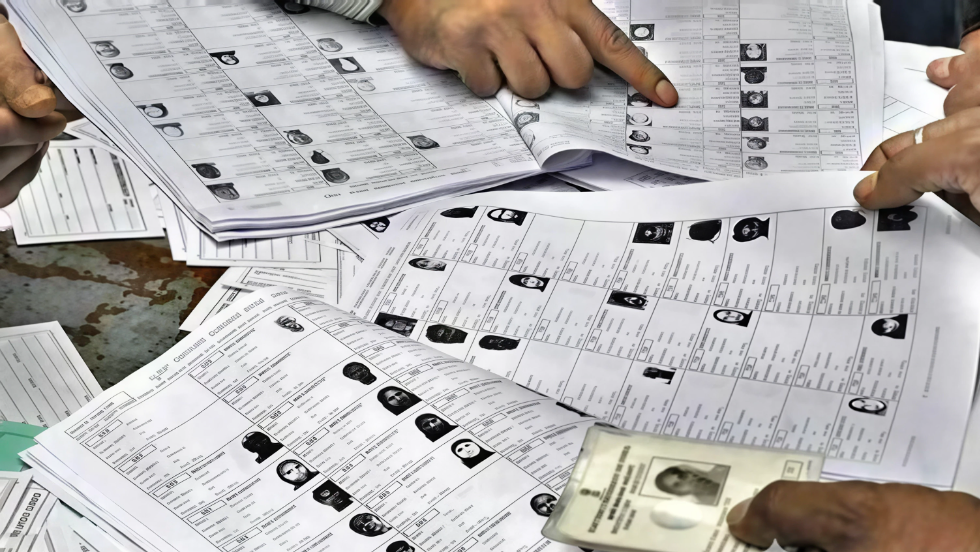The prospects of using artificial intelligence in arbitration
- Rommel Rodrigues
- Jul 26, 2023

Use of artificial intelligence on online dispute resolution platforms
MUMBAI: Artificial intelligence (AI) is a rapidly growing field that has the potential to revolutionize many industries, including online dispute resolution (ODR) platforms powered by AI, where it can facilitate the resolution of disputes online, without the need for physical hearings. These platforms use AI algorithms to guide parties through the dispute resolution process, suggest potential solutions, and facilitate communication between the parties.
One area in India within ODR where AI is now being used in some way is arbitration. AI can be used in various stages of the arbitration process, including case analysis, evidence gathering, legal research, and even decision-making.
In case analysis and prediction, AI can analyze vast amounts of data from past arbitration cases to identify patterns, trends, and potential outcomes. This analysis can help parties involved in arbitration to make more informed decisions, assess the strength of their case, and predict the likely outcome of the dispute.
Also, AI-powered platforms can assist arbitration practitioners in conducting legal research. These platforms can analyze and summarize large volumes of legal cases, statutes, and regulations to provide relevant information and legal arguments based on specific criteria.
Even though it is evolving AI can assist in the review and management of documents relevant to the arbitration case. Natural language processing (NLP) techniques enable AI to quickly and accurately review and categorize large volumes of documents, reducing the time and cost of the discovery process.
Although evidentiary analysis required very shrewd and careful human intervention, AI can surely help analyze and organize evidence presented in arbitration cases. For example, AI algorithms can identify relevant information from emails, contracts, and other documents, making it easier for arbitrators to assess the evidence and reach a fair decision.
So all the convenience apart, we should not forget that the use of AI in arbitration raises ethical and procedural considerations. For example, ensuring transparency, confidentiality, and due process in AI-driven decision-making is important. Additionally, concerns about bias, fairness, and accountability of AI systems need to be addressed to maintain trust in the arbitration process.
Finally, we can say, AI has the potential to streamline and enhance many aspects of arbitration, improving efficiency, and reducing costs, but, careful thought must be applied to ensure that AI is integrated into the arbitration process in a responsible and ethical manner.











Reporter
Rommel is our Editor. He has close to three decades of experience in leading publishing houses including, Fortune India, Observer of Business & Politics, The New Indian Express etc.
View Reporter News